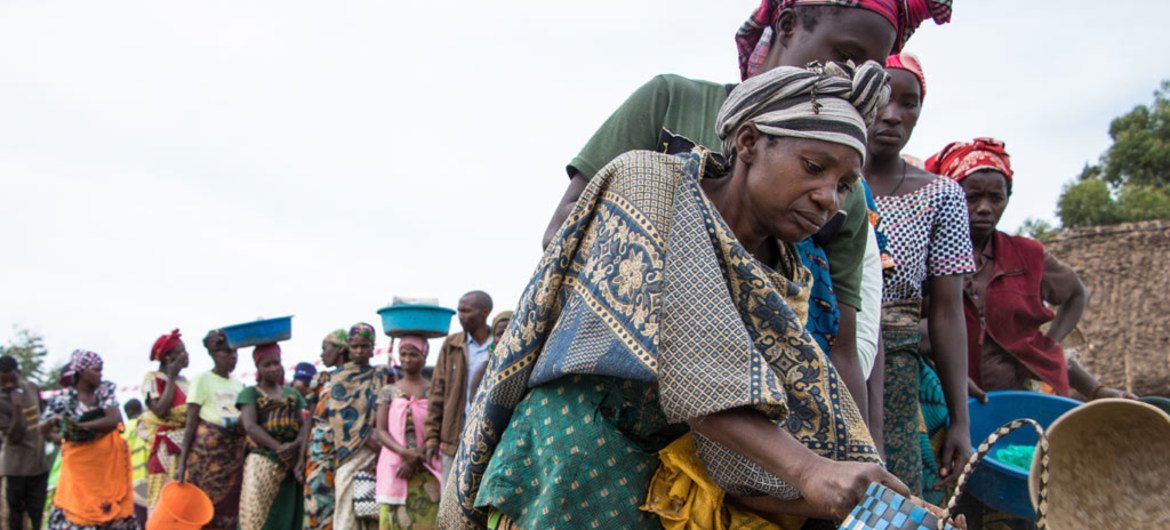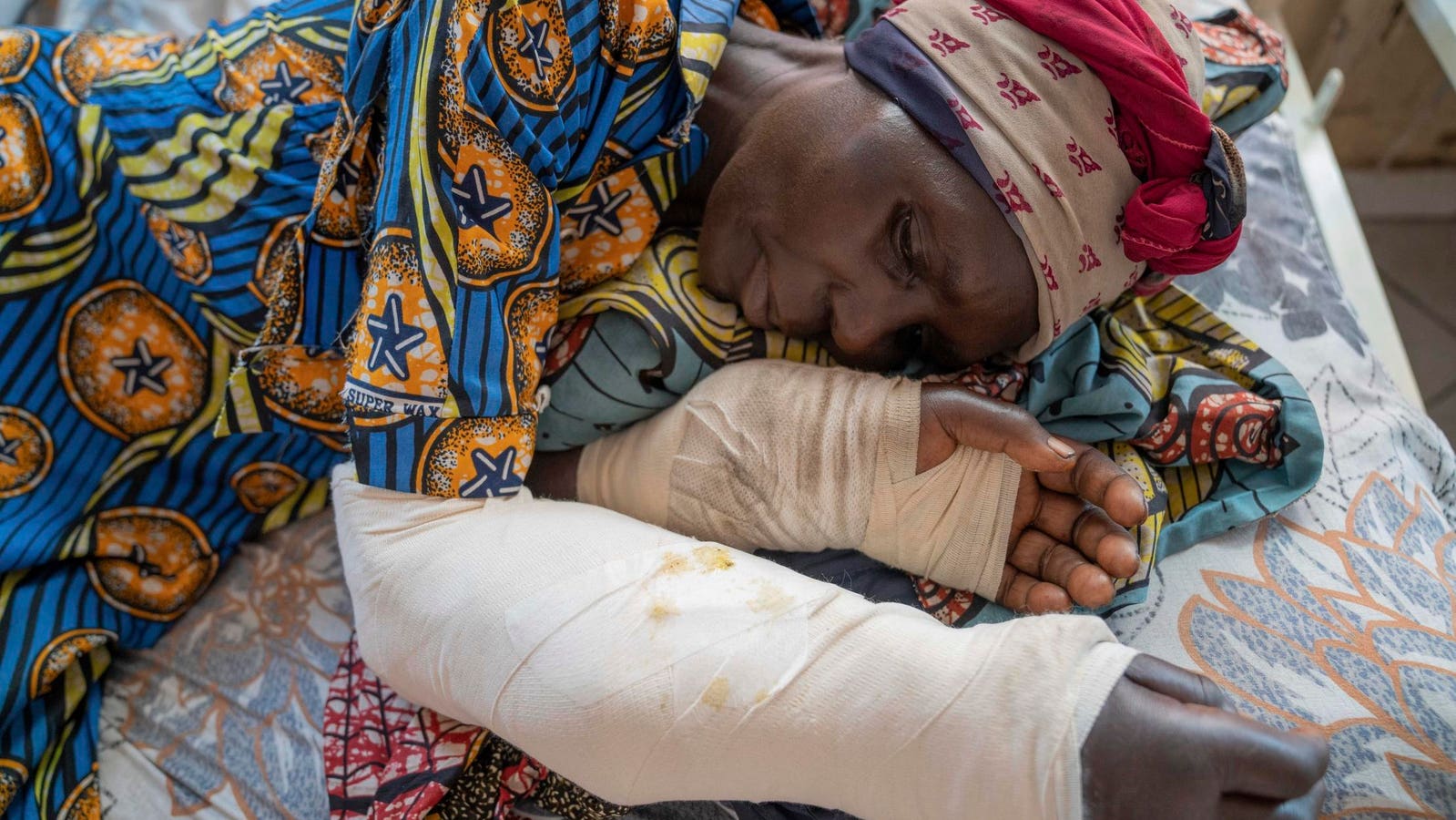The Democratic Republic of Congo (DRC), situated in the heart of Africa, has a turbulent history marked by colonization and exploitation of its resources. From the brutal reign of Belgian King Leopold II, during which millions were killed, to its present-day struggles with political instability, violence, and economic challenges, the DRC continues to bear the scars of its past. Despite gaining independence in 1960, the country remains heavily influenced by external forces, including multinational corporations seeking to exploit its rich natural resources.
Leading up to the national election in December 2023, the DRC experienced a surge in violence fueled by territorial disputes, political tensions, and clashes with neighboring Rwanda.
Journalists and activists from the region, such as Akilimali S. Chomachoma, have highlighted the dire humanitarian situation, including widespread displacement and minimal assistance for millions of internally displaced people. Moreover, multinational companies exacerbate the crisis by perpetuating conflict to maintain control over strategic resources.

The Crisis in the Democratic Republic of Congo: Why the Silence? (Credits: The UN News)
Although the DRC is rich in resources like gold, cobalt, and copper, the exploitation of these minerals often leads to human rights abuses and displacement of local communities. Social media platforms, notably TikTok, have played a role in raising awareness of these issues, with users drawing attention to the connection between cobalt mining and atrocities in the DRC. Some individuals even took symbolic actions, such as quitting vaping, to show solidarity with the affected populations.
Despite the severity of the crisis, media coverage of the situation in the DRC remains limited. Activists like Joviane Chanda and Haissetu Sumbunu attribute this lack of coverage to systemic factors such as unconscious biases, racism, and a tendency to prioritize stories that resonate with predominantly white audiences. As a result, conflicts and humanitarian crises in regions like the DRC often receive less attention compared to those in other parts of the world.
To address this lack of visibility and support for the Congolese people, there are calls for increased advocacy, solidarity, and humanitarian initiatives. Individuals can amplify the voices of those affected by sharing articles, supporting sustainable development programs, and demanding justice for victims of violence and exploitation.
By raising awareness and mobilizing international support, it is hoped that the plight of the DRC will receive the attention and assistance it urgently needs to overcome its challenges and achieve peace and stability.























